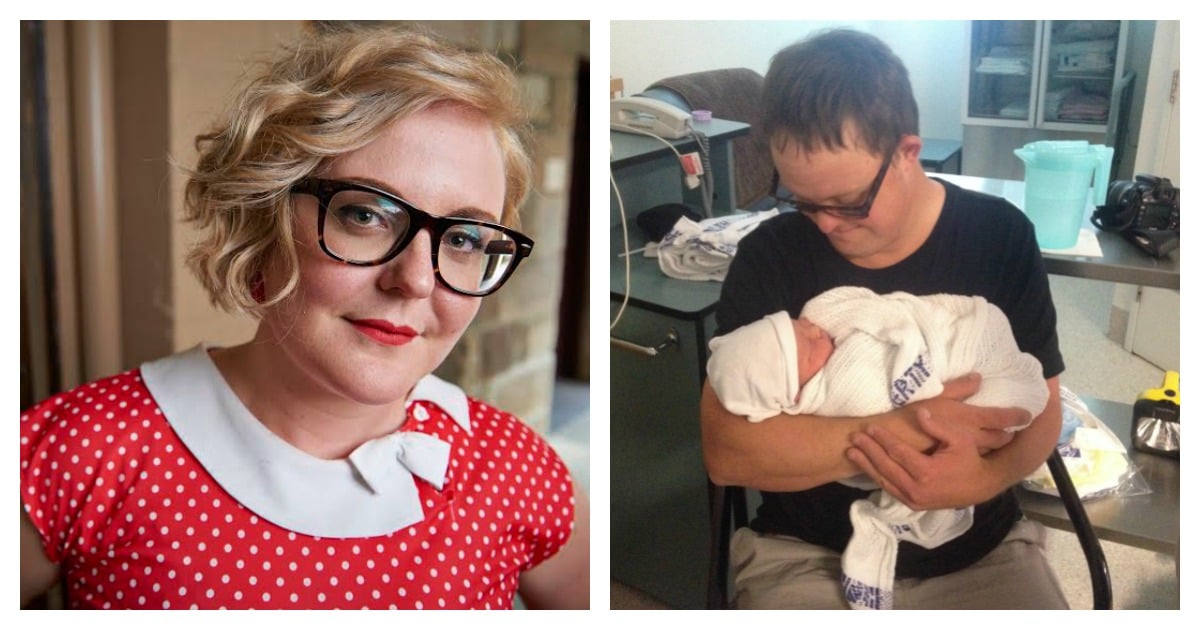
When I found out I was pregnant with my daughter last year my first thoughts were all negative ones.
What if I wasn’t a very good mum? What if my career suffered? What about my life in general, would I still have time to read and write and walk the dogs? What about money, could I even afford a kid? I worried about the birth itself and what nappies to buy and which car seat to get… But, mostly, I worried that my daughter would have Down syndrome.
I’m not sure if I worried more, or less because my big brother Charlie has Down syndrome.
Charlie is amazing but he’s amazing in the same way most big brothers are amazing. He watches over me, teaches me how not to suck on the playstation, takes me out for coffee. He quizzes my partner about his intentions and hits on most of my friends. Like all big brothers, Charlie is as impressed by me as he is unimpressed. He occasionally puts me in a headlock and calls me names, but when he introduces me to his friends they all know who I am because he talks about me often. Charlie tells people my PhD is about him and while this is wildly inaccurate (another trope of the big brother) it is also sort of true because I research representations of Down syndrome in narrative fiction.
My partner, like me, is also involved in education and disability. He’s a primary school teacher and worked, for some years in both disability care and Special School teaching. So, when I found out I was pregnant and we decided to test for chromosomal abnormalities, very few people could understand why. ‘Surely IT wouldn’t matter to YOU?’ ‘You wouldn’t mind if it had Down syndrome, would you?’ ‘But you would make such good parents to someone like that’. In fact, one of the only people who did understand and was supportive of my decision to scan was my big brother.




























































































